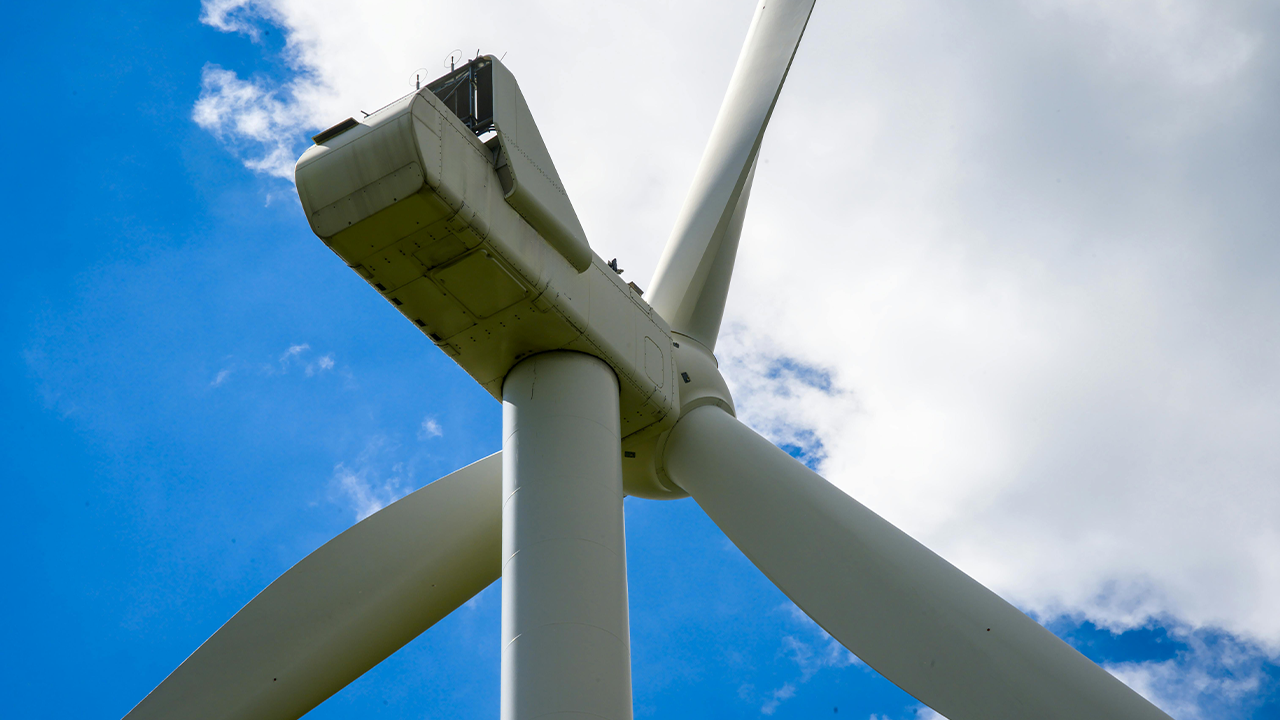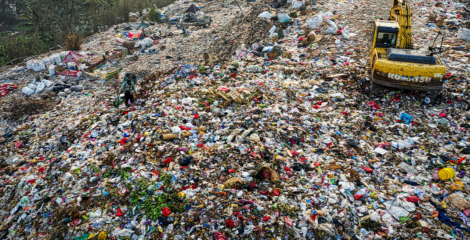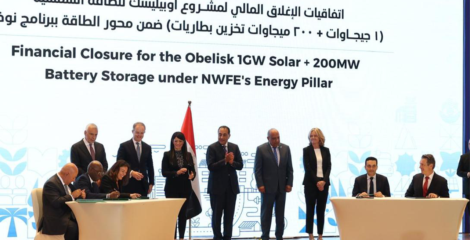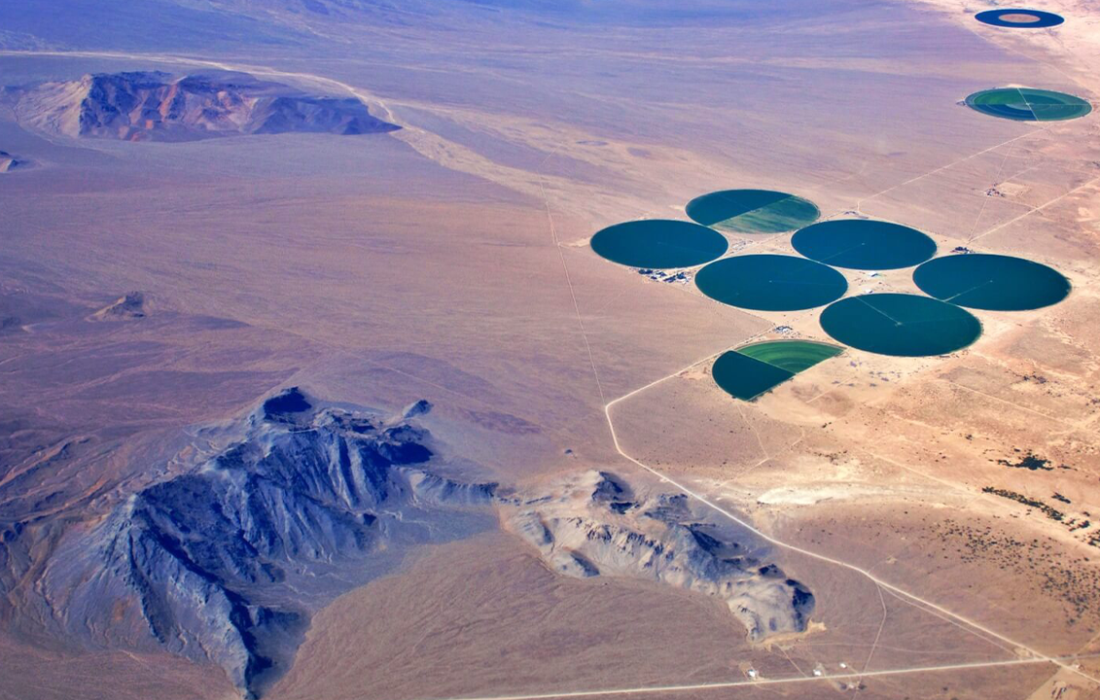As climate crises intensify worldwide, cleantech has emerged as a vital solution at the intersection of environmental urgency and economic opportunity.
Entlaq’s Clean/Green Tech and Energy: Between Climate Imperatives and Economic Opportunity report provides a comprehensive overview of Egypt’s cleantech ecosystem, offering a detailed sector mapping and diagnostic from policy, regulatory, and market perspectives.
Climate Vulnerability
Like many countries, Egypt faces rising climate risks that threaten its water security, food systems, and public health and industrial productivity.
The report highlights several key vulnerabilities:
- Structural water stress underscores the need for innovation in water-tech.
- Sea level rise and soil salinization are damaging agriculture, requiring climate-smart farming and green infrastructure.
- Heatwaves and erratic weather are reducing labor productivity, calling for solutions that boost thermal resilience.
- Severe urban air pollution demands faster action on urban emission mitigation
- Rising climate-related costs add urgency to adaptation and mitigation efforts.
Existing Ecosystem
Egypt’s cleantech ecosystem is already taking shape and showing promising early momentum. According to the 2024 MSMEDA Green MSME Registry, the country hosts over 3,000 officially registered green and environmental startups. It also has a growing network of TVET institutions, research centers, and digital platforms with the potential to pivot toward cleantech.
At the same time, regional demand is on the rise. Africa’s off-grid solar market alone is projected to exceed USD 2.5 billion by 2027, with underserved markets in Sudan, Libya, and the Sahel offering clear expansion opportunities.
Between 2020 and 2024, nine Egyptian cleantech startups advanced to Series A or beyond. Entlaq states that this points to a need for a shift in the ecosystem’s architecture. It further details that the shift needs to be from disconnected pilot funding and donor reliance, to a nationally coordinated pipeline.
Scaling remains a core challenge for Egypt’s cleantech sector. The gap between research, incubation, and market access needs to be bridged to unlock the ecosystem’s potential.
Opportunities and Challenges
The report makes it clear that Egypt can unlock its cleantech potential with the right coordination and investment. It identifies that Egypt produces over 200,000 STEM graduates which is one of the largest STEM talent pools in the Arab world. Yet, less than 7% enter clean tech or climate related sectors.
The country has the human capital to lead in cleantech, but the global race is accelerating. Without translating its potential into action, Egypt risks becoming a consumer rather than a creator of climate technologies.
Key barriers are slowing progress:
- Overdependence on public and foreign capital as only 18% of clean energy investments in Egypt are financed by domestic private capital.
- An electricity grid not yet equipped to handle growing solar and wind energy.
- Regulatory gaps, slow permits, and institutional silos that create investor uncertainty and stall startups.
- Underrepresentation of women, youth, informal workers, and rural communities.
- Weak R&D and manufacturing support hindering innovation and local manufacturing.
Egypt graduates over 55,000 STEM students a year and has promising cleantech research in areas like desalination and bioenergy. But most innovations stall in early stages, rarely reaching the market.
Thus, it is clear that Egypt has strong human capital but suffers from an innovation infrastructure gap that prevents cleantech ideas from turning into viable businesses. There is plenty of potential, but a clear disconnect remains between research and industry.
Only four universities have active Technology Transfer Offices, and there’s no unified framework for licensing or spinoffs. Additionally, startups lack access to pilot programs, testing facilities, and follow-on support. With limited incubators and funding, Egypt’s cleantech ventures struggle to scale beyond the seed stage.
Cleantech Hub
The report concludes that Egypt has an unique opportunity to become a regional cleantech hub by 2035. With a skilled workforce, strategic trade access, and government commitment to environmental reform, Egypt is well-positioned for cleantech innovation, production, and export.
Its young population and strong entrepreneurial base add momentum, while many of the policy tools and investment frameworks needed for success are already within reach.
Egypt stands at a critical juncture in its green transition. It has the talent, the ambition, and potential but needs bold coordination to unlock its cleantech potential. If it can bridge the gap between research and market, Egypt could be a regional cleantech hub
If you see something out of place or would like to contribute to this story, check out our Ethics and Policy section.














